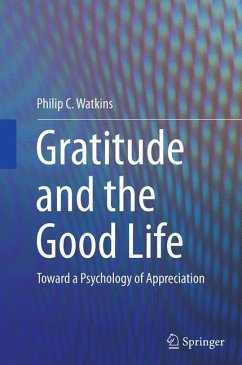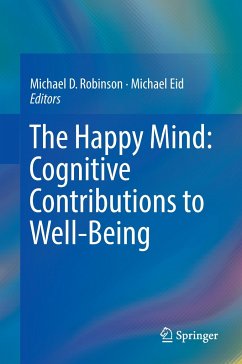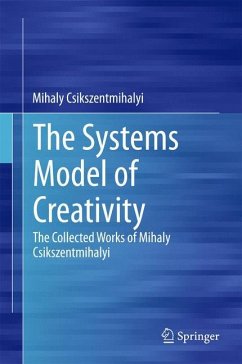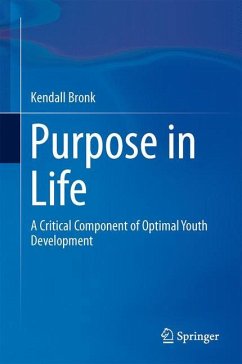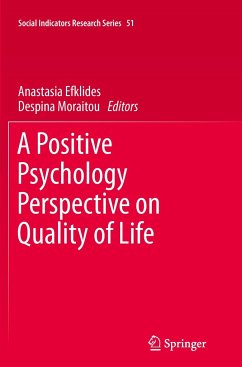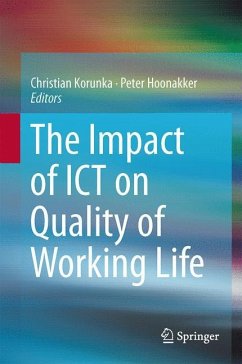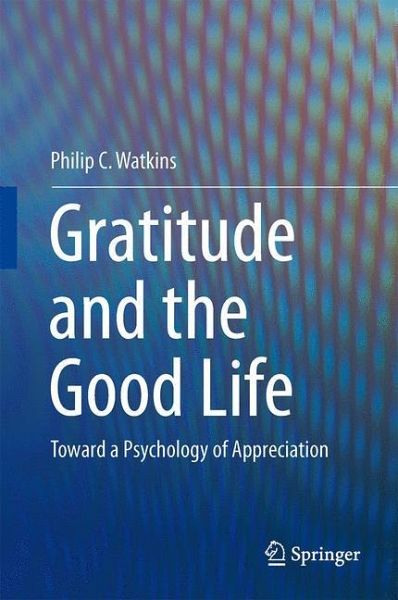
Gratitude and the Good Life
Toward a Psychology of Appreciation
Versandkostenfrei!
Versandfertig in 6-10 Tagen
76,99 €
inkl. MwSt.
Weitere Ausgaben:

PAYBACK Punkte
38 °P sammeln!
This book provides clear and sometimes surprising answers to why gratitude is important to living well. The science of gratitude has shown much growth in the last ten years, and there is now sufficient evidence to suggest that gratitude is one of the most important components of the good life. Both correlational and experimental studies have provided support for the theory that gratitude enhances well-being.After providing a lucid understanding of gratitude, this volume explores the many aspects of well-being that are associated with gratitude. Moreover, experimental work has now provided prom...
This book provides clear and sometimes surprising answers to why gratitude is important to living well. The science of gratitude has shown much growth in the last ten years, and there is now sufficient evidence to suggest that gratitude is one of the most important components of the good life. Both correlational and experimental studies have provided support for the theory that gratitude enhances well-being.
After providing a lucid understanding of gratitude, this volume explores the many aspects of well-being that are associated with gratitude. Moreover, experimental work has now provided promising evidence to suggest that gratitude actually causes enhancements in happiness. If gratitude promotes human flourishing, how does it do so? This issue is addressed in the second section of the book by exploring the mechanisms that might explain the gratitude/well-being relationship. This book provides an up to date account of gratitude research andsuggested interesting paths for future research, all while providing a theory of gratitude that helps make this information more understandable.
This book is very valuable to gratitude investigators, as well as all who are interested in pursuing this line of research, students and scholars of emotion and well-being and instructors of positive psychology courses and seminars.
After providing a lucid understanding of gratitude, this volume explores the many aspects of well-being that are associated with gratitude. Moreover, experimental work has now provided promising evidence to suggest that gratitude actually causes enhancements in happiness. If gratitude promotes human flourishing, how does it do so? This issue is addressed in the second section of the book by exploring the mechanisms that might explain the gratitude/well-being relationship. This book provides an up to date account of gratitude research andsuggested interesting paths for future research, all while providing a theory of gratitude that helps make this information more understandable.
This book is very valuable to gratitude investigators, as well as all who are interested in pursuing this line of research, students and scholars of emotion and well-being and instructors of positive psychology courses and seminars.




